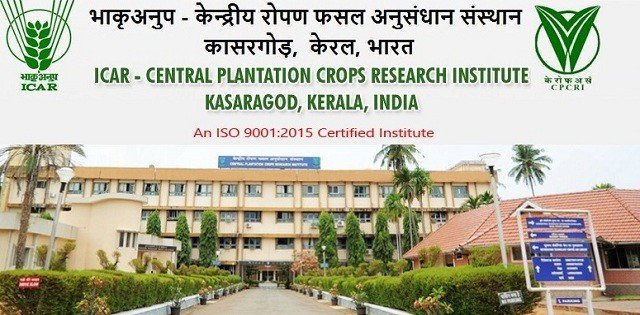The exhibition will focus on live demonstrations of improved varieties and technologies, and farmer-entrepreneur-scientist interactions.
In a major effort to bring improvement in fruits, vegetables, ornamental and medicinal crops, the ICAR-Indian Institute of Horticultural Research (IIHR), a premier institute under the Indian Council of Agricultural Research (ICAR), New Delhi, is all set to unveil its four-day extravaganza, its National Horticulture Fair, at its sprawling 263-acre campus at Hesaraghatta, Bengaluru, between February 5 and 8, 2020.
The fair, with its theme, Horticulture-making farming an enterprise, will have an expected participation of more than 50,000 farmers. It will be an exhibition of stalls from the public and private sectors, live demonstrations of improved varieties and technologies, farmer-entrepreneur-scientist interactions, sale of seeds, planting material and products from ICAR-IIHR and other public and private firms for benefit of end users.
In 2019, the fair witnessed over 25,000 farmers from 22 states benefiting from 120 improved pest-/disease-resistant varieties in 40 crops, integrated cropping systems, demonstration of integrated pest, disease and nutrient management practices and protected cultivation, soil-less culture for urban horticulture, climate-resilient horticulture technologies and 150 stall showcasing products related to horticulture.
The 53-year-old institute has developed package of practices for some of the feasible crops on organic horticulture and good agriculture practices to ensure both quantity and quality of horticultural products with a major thrust on safeguarding soil health and ensuing pesticide-free commodities. Further, technologies that benefit tribal groups and farming community in North-Eastern states are given in much priority.
“Besides, it will showcase its five decades of achievements, which include high-impact technologies like release of high-yielding varieties/pest- and disease-tolerant varieties, ArkaMicrobial Consortium, nutrient specials, pheromone traps, value-added post-harvest products, bio-pesticides and post-harvest machinery,” said Dr M R Dinesh, director, ICAR-IIHR.
Among the recently-released varieties/technologies to be displayed at the fair are high-yielding mango hybrids like ArkaUdaya and ArkaSuprabhath; guava hybrids like ArkaKiran and ArkaPoorna; tomato hybrids for processing such as ArkaVishesh; chilli hybrid such as ArkaKhyati, and onion variety like ArkaBheem.
Further, there will also be the triple disease-resistant tomato hybrids such as ArkaAditya and ArkaApeksha; value-added products of jackfruit, such as ArkaHalasuras, which can be processed for beverage, ArkaJacholate for chocolate-making and ArkaJackies cookies.
In addition, there will be health-benefiting avocodo powder and high-yielding and high-antioxidant vegetable Amaranth varieties, ArkaSamrakasha and ArkaVarna.
“There will be a dedicated stall on pest and disease control products, and it will showcase neem-based pellets, tuta light trap and Arka borer control. In sync with the technology advances, we will have the demonstration of ArkaBaagwani app and apps on chilli, papaya and okra cultivation,” stated Dr Dinesh.
“With a wide display of such advanced technologies/varieties/products coupled with live demonstration, and by bringing public and private sector under one roof for one-to-one interaction, it is expected that the forthcoming National Horticulture Fair at ICAR-IIHR open all avenues to make horticulture as business and throw light on ways and means of doubling the farmers’ incomes and enhance entrepreneurs’ businesses,” pointed out Dr Dinesh at a press conclave.
The exhibition will focus on live demonstrations










